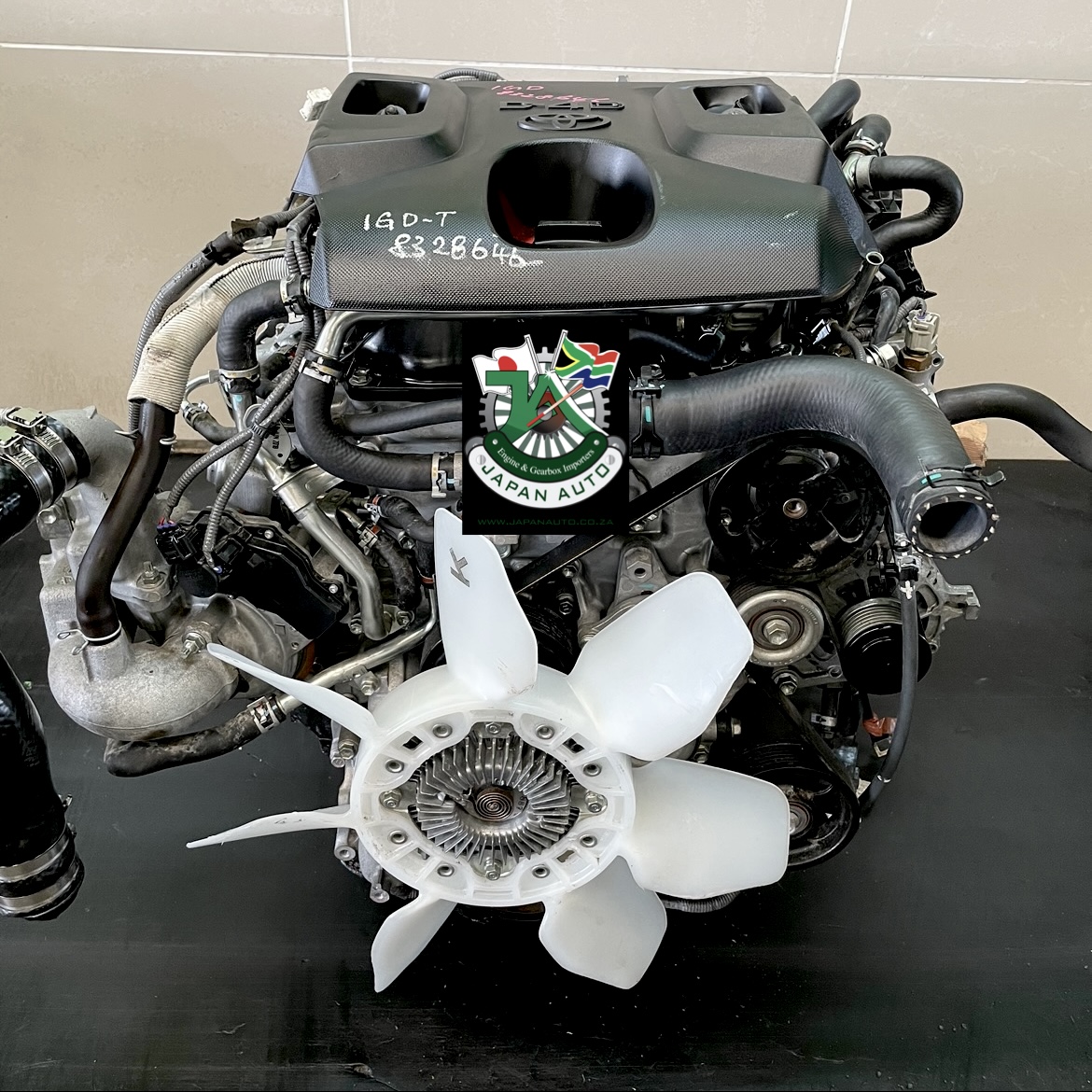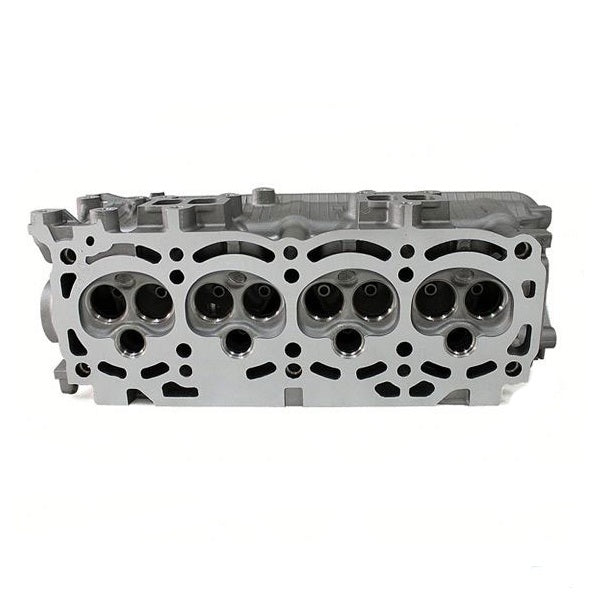Toyota Tazz: An Affordable Car That Doesn’t Compromise on Quality
Toyota Tazz: An Affordable Car That Doesn’t Compromise on Quality
Blog Article
Discover the Newest Patterns in Engine Modern Technology Via Tazz
In the swiftly progressing landscape of vehicle innovation, Tazz stands at the forefront, highlighting considerable improvements in engine systems that prioritize both innovation and sustainability. From crossbreed engines that enhance gas efficiency to the introduction of hydrogen fuel cells, the patterns shaping modern-day powertrains are not just enhancing performance yet likewise dealing with crucial ecological difficulties.
Hybrid Engine Innovations
Crossbreed engine advancements represent a crucial change in automotive modern technology, integrating the benefits of inner combustion engines with electrical propulsion systems. This integration not just improves gas effectiveness but likewise reduces exhausts, meeting significantly strict ecological policies. By making use of both energy resources, hybrid engines can optimize efficiency, delivering power when required while preserving fuel throughout less demanding motoring conditions.
Current advancements in crossbreed technology consist of improvements in battery effectiveness and regenerative stopping systems. These advancements permit greater power recovery during slowdown, which can be rerouted to assist in velocity or power accessory systems. Furthermore, makers are concentrating on compact styles and light-weight products to optimize the efficiency of hybrid powertrains.
The growth of plug-in crossbreeds has actually also expanded the market, allowing motorists to bill their lorries making use of standard electrical outlets. This feature typically enables considerable all-electric array, more lowering dependancy on typical gas. tazz. As the auto sector proceeds to advance, hybrid engine modern technologies are anticipated to play a critical duty in linking the void in between traditional automobiles and completely electric models, offering a transitional solution that caters to varied customer requirements and preferences
Advances in Electric Powertrains
The automotive landscape is swiftly advancing, with electrical powertrains emerging as a leading pressure in sustainable transportation. Advances in electrical vehicle (EV) technology are considerably boosting performance, performance, and user experience. Key technologies consist of improvements in battery chemistry, which have actually enhanced energy thickness, reduced billing times, and prolonged total battery life.
Solid-state batteries, for instance, promise to change the market by giving higher safety and security and effectiveness compared to standard lithium-ion cells. Additionally, innovations in regenerative braking systems are making it possible for cars to recoup energy throughout slowdown, contributing to total efficiency.
In enhancement to battery technology, electric motor styles are ending up being a lot more innovative. Developments such as integrated electric motors and progressed thermal management systems are assisting to enhance power distribution and reduce weight, eventually improving lorry dynamics.

Collectively, these advancements underscore the commitment to change in the direction of cleaner, extra reliable transport options, placing electric powertrains at the forefront of automotive innovation.
The Surge of Hydrogen Gas Cells
Significantly, hydrogen fuel cells are acquiring traction as a viable choice to standard interior combustion engines and battery electrical automobiles. This innovation utilizes the chemical energy saved in hydrogen, converting it into power via an electrochemical reaction with oxygen. The primary result of this process is water, making hydrogen fuel cells an eco-friendly option with absolutely no discharges at the tailpipe.

Car manufacturers are increasingly buying hydrogen fuel cell modern technology, recognizing its potential for long-range applications and fast refueling abilities that measure up to conventional fuels. Additionally, industries such as durable transportation and public transportation are specifically well-suited for hydrogen fuel cells, where battery electric services may fail because of weight and array constraints.
As study and financial investment remain to expand, hydrogen gas cells are positioned to play a significant role in the future landscape of clean transportation and energy solutions.
Enhancements in Internal Combustion Engines
Innovations in internal combustion engine moved here (ICE) technology are transforming traditional vehicles to fulfill modern-day ecological criteria and efficiency assumptions. One of the most significant improvements entails the assimilation of innovative gas injection systems. These systems optimize the air-fuel mixture, improving burning performance and leading to decreased emissions. Direct gas injection, as an example, permits far better atomization of gas, resulting in more full burning and improved power output.
In addition, turbocharging has obtained importance, allowing smaller sized engines to deliver greater performance without the weight of bigger engines - tazz. This technology not just increases performance however also adds to lower gas intake. Variable valve timing systems are additionally being fine-tuned, enabling engines to adapt to numerous driving conditions for boosted torque and responsiveness
Furthermore, using lightweight products in engine construction is coming to be basic, more enhancing fuel performance by decreasing total vehicle weight. Engine control systems (ECUs) are significantly sophisticated, allowing real-time changes that optimize efficiency and exhausts.
These enhancements collectively symbolize a pivotal shift in ICE innovation, straightening with global sustainability goals while still supplying the efficiency drivers anticipate from their automobiles. As the sector evolves, these enhancements remain to form the future of typical automotive engineering.
Future Patterns in Engine Effectiveness
Substantial innovations in engine efficiency are anticipated as producers concentrate on integrating innovative modern technologies to fulfill stringent environmental regulations and consumer demands. The shift towards electrification, hybrid systems, and alternative fuels is reshaping the automotive landscape, driving innovations that enhance fuel economy and reduce emissions.
One of the key trends is the execution of innovative products and making methods. High-strength alloys and lightweight composites add to lowered vehicle weight, hence improving total efficiency. Additionally, the adoption of turbocharging and variable shutoff timing modern technologies permits improved power outcome from smaller engines, further improving fuel economic situation.

Conclusion
Developments in crossbreed engine systems, this contact form electrical powertrains, and hydrogen gas cells show a commitment to decreasing discharges while boosting efficiency. Renovations in internal combustion engines and a focus on lightweight materials contribute to general engine effectiveness.
From crossbreed engines that maximize gas performance to the emergence of hydrogen fuel cells, the trends forming modern-day powertrains are not just boosting efficiency yet additionally addressing crucial environmental challenges.Hybrid engine developments represent a critical shift in automobile technology, combining the benefits of internal burning engines with electrical propulsion systems.Furthermore, turbocharging has actually gotten importance, enabling smaller engines to deliver greater efficiency without the weight of larger engines. Furthermore, the adoption of turbocharging and variable shutoff timing modern technologies permits for enhanced power outcome from smaller engines, further boosting gas economic climate.
Improvements in internal burning engines and a focus on lightweight products contribute to overall engine performance.
Report this page